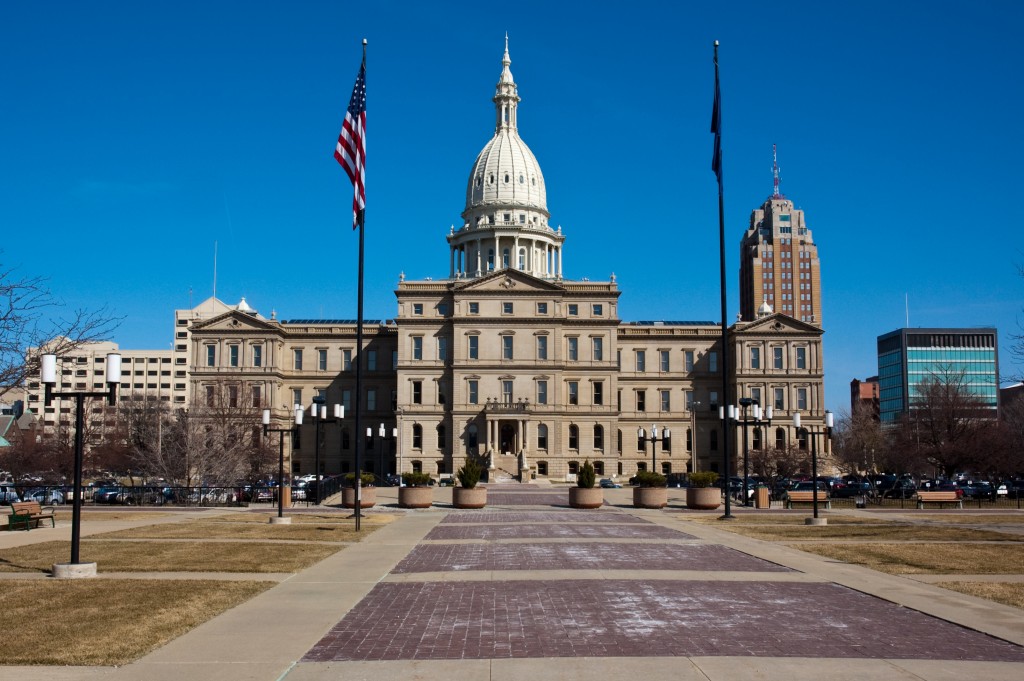
Michigan Legislature Safeguards Diversity of Child Placement Agencies
Last week, the Michigan House of Representatives passed a legislation package that would provide protections for religious child placement organizations. All three pieces of proposed legislation passed on 65-44 votes, with Democratic Reps. George Darany, of Dearborn, Robert Kosowski of Westland and Harvey Santana of Detroit, joining all but one Republican in voting in favor of the bill package. These bills would permit faith-based agencies to not place children in family situations that would violate the “sincerely held religious beliefs” of the adoption and foster care organizations.
In practice, this means that faith-based agencies would not be required to place children with gay couples or unmarried couples, or with other nontraditional family living situations if doing so would ask them to compromise the religious tenets of the organization. It is important to note that these religious agencies cite their faith as their very raison d’etre, and the House passage of this legislation demonstrates that it cannot ask a religious organization to divorce the dictates of its beliefs from the significant public benefit of its services.
According to an editorial entitled “Protect liberties of adoption agencies” in The Detroit News , “In budget year 2014-15, almost $20 million in state and federal funds went to adoption agencies. About half of that money — nearly $10 million — went to the faith-based agencies that would be exempt under the religious objection bills.”
As the editorial points out, faith-based child placement agencies play an essential role in supporting children and families. Additionally, if state and federal dollars did not go to these private non-profit adoption and foster care organizations, the state would still have to provide these services directly, possibly without the same level of trust, respect in the community, and relational capital as the faith-based agencies are able to provide.
Thus, these organizations are helping the state government to achieve a foundational goal of providing safe and secure homes and families for vulnerable children. As Rep. Andrea LaFontaine, R-Columbus, stated: “This bill is not about who can and who cannot adopt a child, it’s about ensuring the most alternatives for people wanting to adopt a child.” The Michigan Catholic Conference expressed its support for these bills. Tom Hickson, vice president for public policy, reiterated the importance of fostering diversity in adoption and foster care organizations so that as many children as possible can be put into homes, stressing that this legislation creates the landscape for more providers, and therefore, more children served. Gov. Rick Snyder has yet to officially take a stance on these bills, but did voice reservations about the bill’s impact on a call-in Michigan Public Radio Program.
